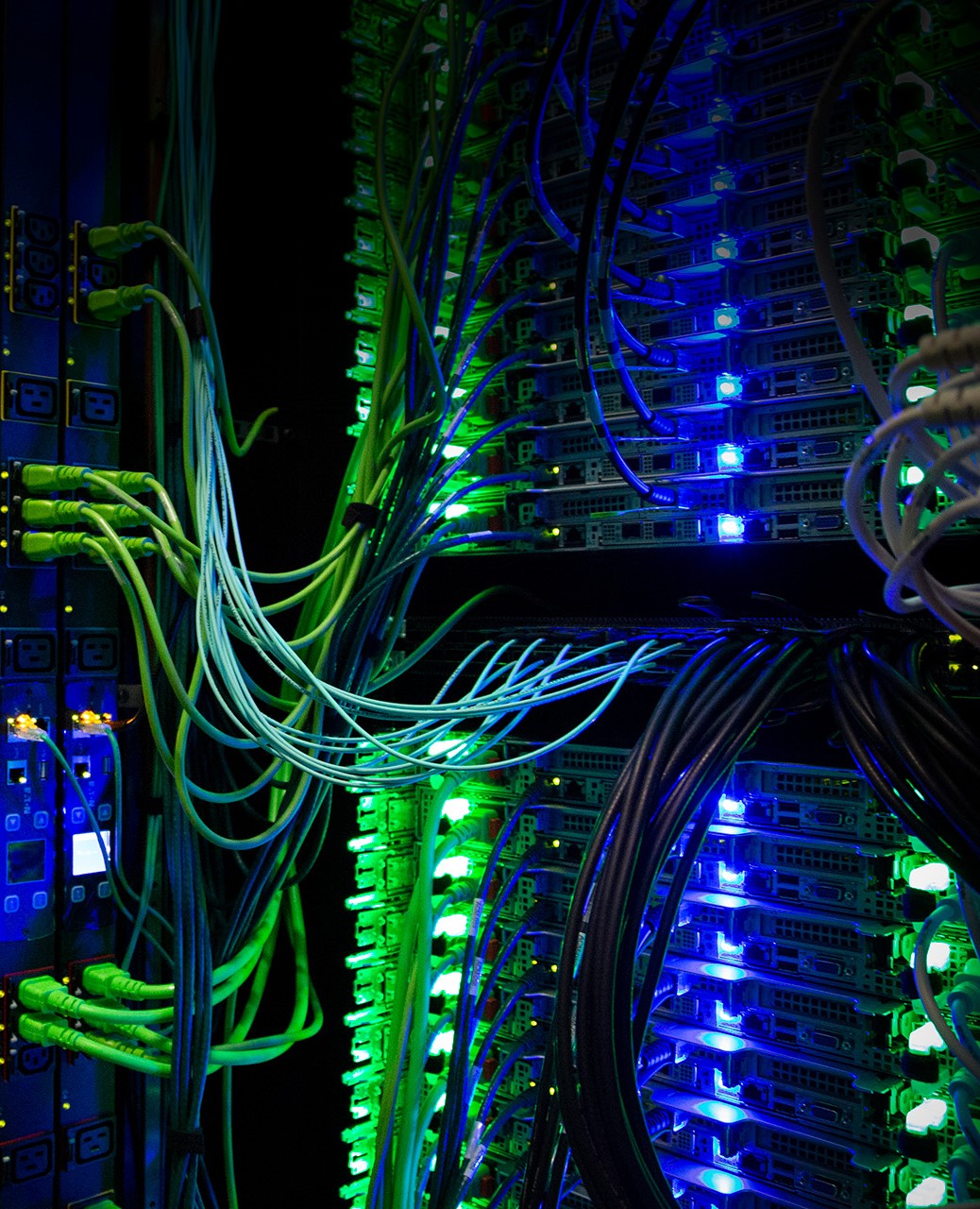Combining Artificial Intelligence and Chemistry to Identify Molecules

At the intersection of artificial intelligence and chemistry, Kiyoto Tanemura is working to develop a method for identifying molecules based on information about the nature of their collisions. Tanemura, an MSU graduate student studying computational chemistry in the lab of Dr. Kenneth Merz Jr., uses artificial intelligence to predict the effective area at which organic molecules collide with inert gas molecules. This property is known as the collisional cross section.
Tanemura’s research is particularly relevant when examining large quantities of data involving cellular metabolism. His work is set apart from existing methodologies due to his combined implementation of quantum mechanics and deep learning algorithms. These impressive computer algorithms can use processes inspired by the human brain on a massive scale to analyze complex data.
What makes Tanemura’s research unique is that he is navigating areas of computational chemistry that lack updated information; instead, he uses the power of machine learning algorithms to push his research forward. Training machine learning models takes considerable time and processing power, which is why Tanemura credits HPCC as an imperative tool for computing high volumes of data and performing the necessary calculations for his work.
The inspiration behind Tanemura’s research comes from the overarching questions that can only be asked in computational sciences. Prior to the popularization of artificial intelligence, there were larger constraints and fewer opportunities in this realm. Now, the largest constraints are the availability of data and compute time. Tanemura wants to be a part of the future of accelerating scientific processes through robotics and algorithms.
The ultimate goal for Tanemura is to someday use his research to rapidly determine the complete compositions of complex mixtures. This process, known as comprehensive structure elucidation, promises new and advanced technologies for medical diagnostics, clinical trials, precision medicine, phenotype determination, and more. Tanemura hopes his research motivates others to tackle these large computational chemistry problems that have significant and impactful applications.
